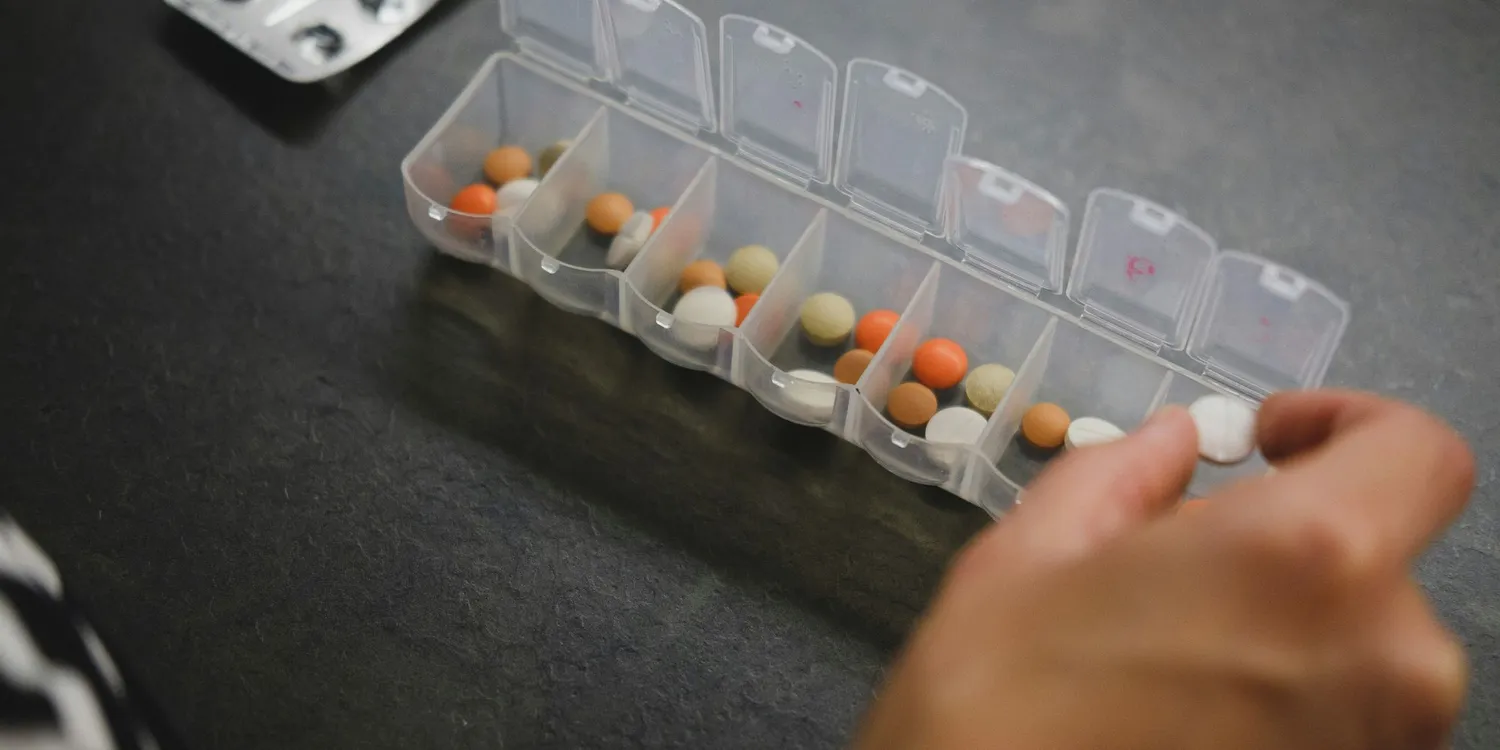26 Apr 2024
In the journey towards recovery from addiction, support to manage withdrawal symptoms and prevent relapses is crucial. While treatment is typically multifaceted, unmedicated treatment such as the 12 step programme a successful model for some but for others medication plays a significant role in augmenting therapy and other interventions. Lester Morse, Director of Rehabs UK an expert in addiction treatments supports the views of the 12 step approach but knows that in some cases medication is needed.
Types of Addiction Medication
It's important to note that the effectiveness of these medications can vary from person to person. Consultation with medical professionals is vital to ensure safe and effective treatment, with regular monitoring. Rehabs UK can provide you or your loved one with all the information regarding the best treatment options for them. Our treatment advisors offer a free assessment which can help reassure the individual or those in their lives that this may be the right option for them. With access to fully qualified doctors any questions or queries can be answered.
Medications for Alcohol Addiction
Medications for alcohol addiction serve various purposes, including anti-craving medication that can help prevent relapse.
- Acamprosate: Helps in maintaining abstinence by reducing cravings.
- Disulfiram: Creates unpleasant effects when alcohol is consumed, acting as a deterrent.
- Naltrexone: Blocks the euphoric effects of alcohol, reducing cravings.
- Nalmefene: Reduces alcohol consumption by blocking the pleasure receptors in the brain.
Medications for Opioid Addiction
Medications for opioid addiction primarily work by either replacing opioids or blocking the effects of opioids to reduce cravings and euphoria which could be viewed as an anti addiction drug.
- Methadone: A long-acting opioid agonist that blocks the effects of opioids, reducing withdrawal symptoms.
- Buprenorphine: A partial opioid agonist that reduces cravings and withdrawal symptoms without producing a high.
- Bupropion: An antidepressant that can help reduce cravings and withdrawal symptoms.
- Mirtazapine: Another antidepressant that may help with mood and sleep disturbances during recovery.
Medications for Stimulant Addiction
Medications for stimulant addiction aim to either replace the stimulant or block its effects, reducing cravings and withdrawal symptoms.
- Topiramate: An anticonvulsant that may help reduce cravings and decrease the rewarding effects of stimulants.
- Long-acting amphetamine: May help reduce cravings and stabilise mood in individuals addicted to stimulants.
How Medication Helps Treat Addiction
Medication aids in addiction treatment by managing withdrawal symptoms, reducing cravings, and preventing relapse. Coupled with behavioural therapies, it assists individuals in handling stress and resisting triggers, facilitating ongoing treatment. It can benefit a lot of individuals especially when coming off an addictive substance, however, some believe that this is just replacing one drug with another and the most beneficial way to treat addiction is by detox either inpatient or at home and by having a structure in place such as the 12 step programme or a holistic programme.
Safety of Addiction Medications
While no medication is entirely risk-free, those used in addiction treatment are administered under medical supervision. Lester Morse, argues “the best way you are able to safely become sober or take medication monitored is with 24/7 support at a rehab facility, there is too much temptation to abuse any and all medications. At a rehabilitation facility you are in a safe environment with round the clock care.” At Rehabs UK all medicine is facilitated by a fully qualified doctor and there will be daily check-ins over the phone if it is a home detox or in person with a member of staff if it is within a residential facility. This allows for close monitoring and adjustments to dosage, ensuring safety and efficacy tailored to individual needs.
Finding Treatment for Addiction
Seeking help and initiating detox should always involve consultation with medical professionals or specialists like Rehabs UK. Taking this first step is crucial towards recovery. Contact our fully trained Treatment advisors today for a free assessment.
